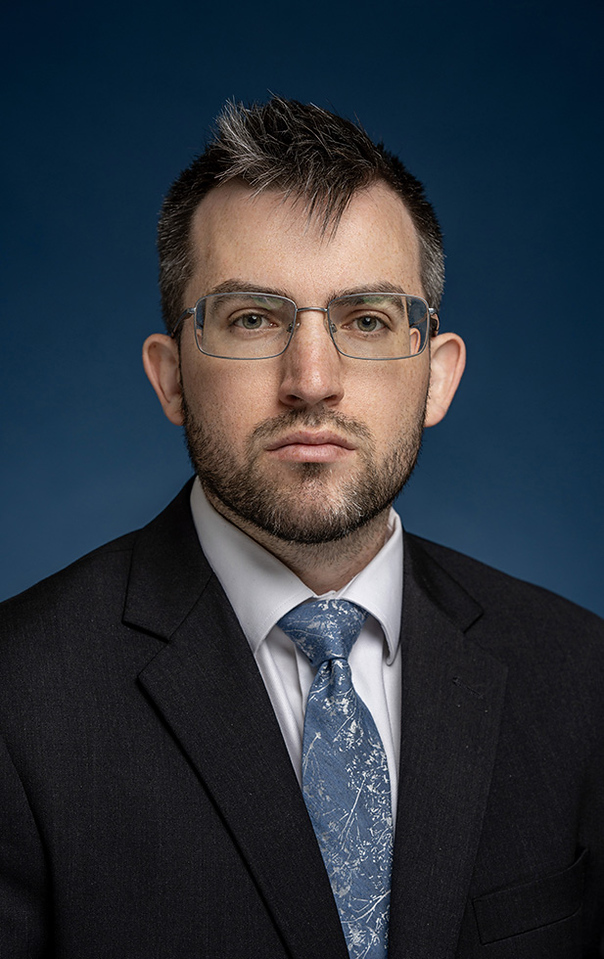Case Name: Suhr v. Dietrich
Type of Case: Equality Under the Law
Court: U.S. District Court, Eastern District of Wisconsin
Filed On: December 19, 2023
Current Status: Victory! WILL reached a favorable settlement with the State Bar on April 4th, 2024.
VICTORY: STATE BAR ABANDONS DEI PROGRAM AFTER WILL LAWSUIT
March, 2024 | WILL reached a settlement agreement ending discriminatory DEI practices at the State Bar. Now, our client’s mandatory and annual State Bar dues will not fund internships and policies primarily based on race, but rather on merit and diversity of viewpoint.
WILL FILES LAWSUIT AGAINST DISCRIMINATORY “DEI” STATE BAR PRACTICES
December, 2023 | WILL’s client must pay mandatory and annual State Bar dues, which not only fund this internship program, but also other programs and communications that discriminate against him and thousands of other Wisconsin attorneys.
Harvard Decision Has Changed the Legal Landscape: The United States Supreme Court recently decided that colleges and universities may no longer use race as a factor in admissions. This practice, commonly called “affirmative action,” was declared unconstitutional in Students for Fair Admissions v. Harvard. That decision, however, has much broader implications: it confirms that federal civil rights laws demand “colorblind” treatment of all individuals in America. Since the Harvard Decision, WILL has launched numerous legal challenges to race-based, discriminatory programs across the country.
CASE DOCUMENTS
- Settlement, April 2024
- Complaint, December 2023
- Appendix 1
- Appendix 2
- Appendix 3
- Appendix 4
- Appendix 5

